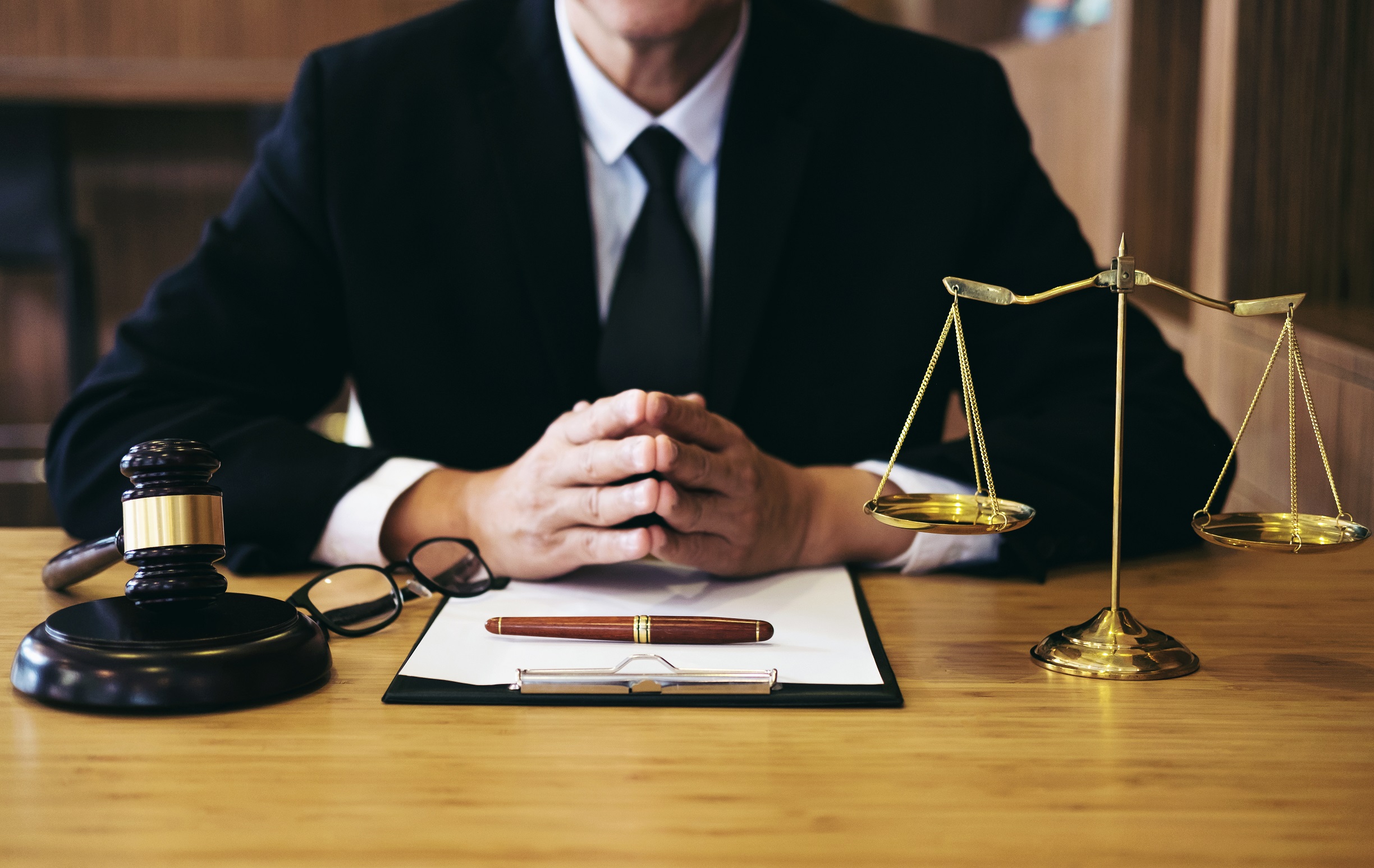Now Reading: Kartik Mittal Comments on the Venezuela Gold Case, Pending in the Supreme Court
-
01
Kartik Mittal Comments on the Venezuela Gold Case, Pending in the Supreme Court

Kartik Mittal Comments on the Venezuela Gold Case, Pending in the Supreme Court
In an ongoing case in the Supreme Court of United Kingdom, proceedings were held related to Venezuelan gold, deposited in the Bank of England (BoE) worth around $2bn, a case that also affects India.
During the Covid-19 pandemic, the Banco Central De Venezuela/Central Bank of Venezuela (BCV) wanted to transfer US$ 1 billion of the value of gold held on its behalf by the BoE to the United Nations Development Programme (UNDP) so that UNDP may use such funds to acquire healthcare equipment, medicines and basic foodstuff on the international market and distribute them in Venezuela for the benefit of the Venezuelan people. The BoE refused to facilitate the transfer on the basis that the UK government had recognized Mr. Guaido as the interim President of Venezuela instead of Mr. Maduro. This led the BCV to issue proceedings against the BoE in the English Courts.As per the UK High Court Judgement, Central Bank of Venezuela (being the Board of Directors appointed by President Maduro) were denied the access of this golddespite the fact that Mr. Maduro actually exercises powers as the President of Venezuela and the Venezuelan state machinery, including the Supreme Court of Venezuela, has held Mr. Maduro as the President of Venezuela.
Kartik Mittal, Partner at Zaiwalla & Co., an international dispute resolutions law firm of Indian origin based in London, is representing the Central Bank of against the Bank of England in this case.
“This dispute emanates from 2018 Presidential elections in Venezuela. The Highest Venezuelan Court has ruled that Mr. Maduro won those elections. Mr. Guaido did not stand for those elections but claimed to be President of Venezuela alleging electoral malpractices, and UK continues to recognize him as the President. The question before the English Court is: Which of the two rival boards, one appointed by Mr. Maduro and other by Mr. Guaido, have the authority over the Venezuelan gold reserves worth $2 billion held at the Bank of England. The case advanced by the board appointed by Mr. Guaido (Ad-Hoc Board) solely relies on UK Government’s position recognizing Mr. Guaido as the President of Venezuela and it is their case that the English Court cannot, and should not, consider whether Mr. Guaido has any legal standing to be President of Venezuela under the Venezuelan Constitution or as a matter of Venezuela Law and/or whether he is in fact exercising powers as the President of Venezuela within the territory of Venezuela. Surprisingly, the position adopted by the Ad-Hoc Board is supported by the UK Government”, Said Mr. Mittal.
During the proceedings in the Court of Appeal, the decision was in favour of Kartik Mittal’s client as the Court realized that the recognition of the UK govt. does not tally with the reality of ground. It is Mr. Maduro’s govt who is exercising effective control in the country and have the powers of the President. UN bodies also recognize him as the President and UK has also continued to maintain diplomatic relations with Mr. Maduro’s govt. The case is now before the Supreme Court of United Kingdom. The former UK Foreign Secretary, Rt. Hon Dominic Raab MP, intervened in the Supreme Court proceedings putting forth the argument that the UK govt. is free to recognize any foreign leader; the English court cannot judicially review the decision of the UK govt; and if the UK govt. recognizes a foreign leader, the assets of the foreign nation has to be simply handed over to the leader recognized by the UK govt and/or to the persons appointed by him.
In middle of all this, India can also be affected by any ruling made by the Supreme Court as India holds significant amount of its gold reserves in the Bank of England. The entire situation not only poses threat to Venezuela but all other countries who hold their reserves in the Bank of England. A major question arises- Whether the assets owned by each country are safe with the Bank of England? The decision of UK Supreme Court is still pending.










